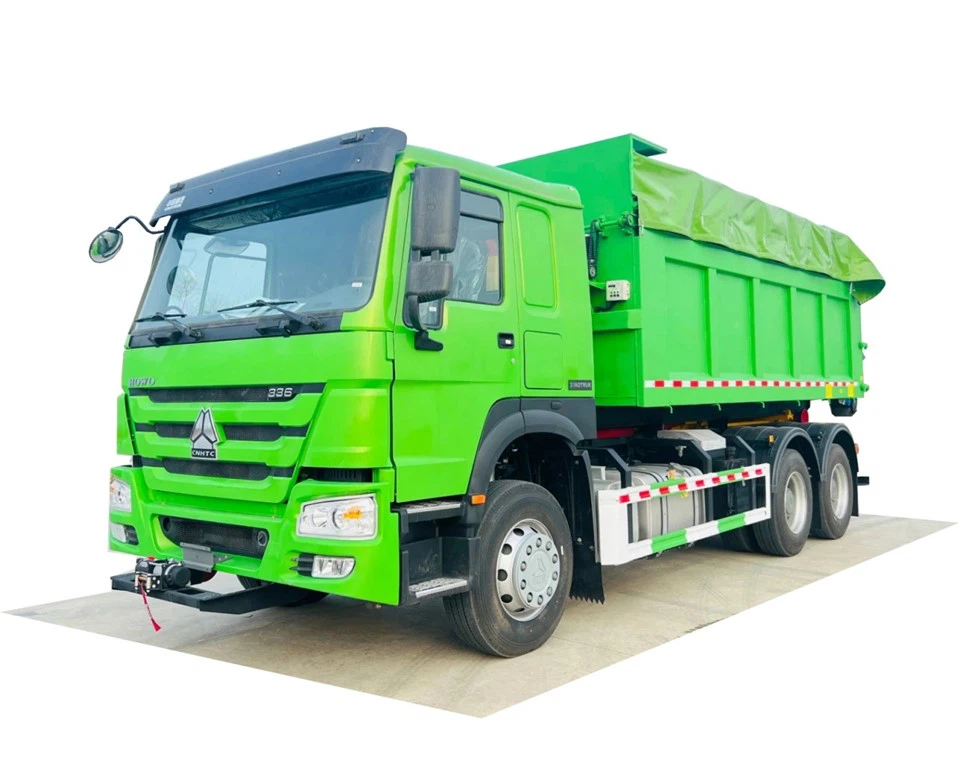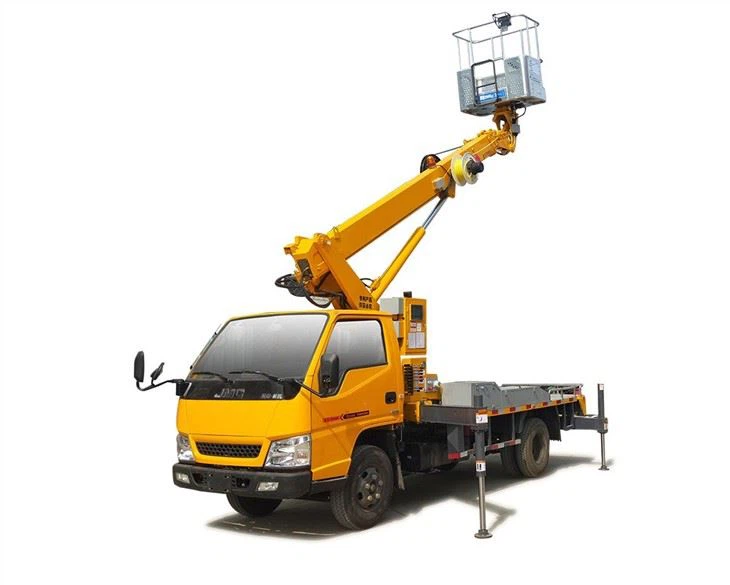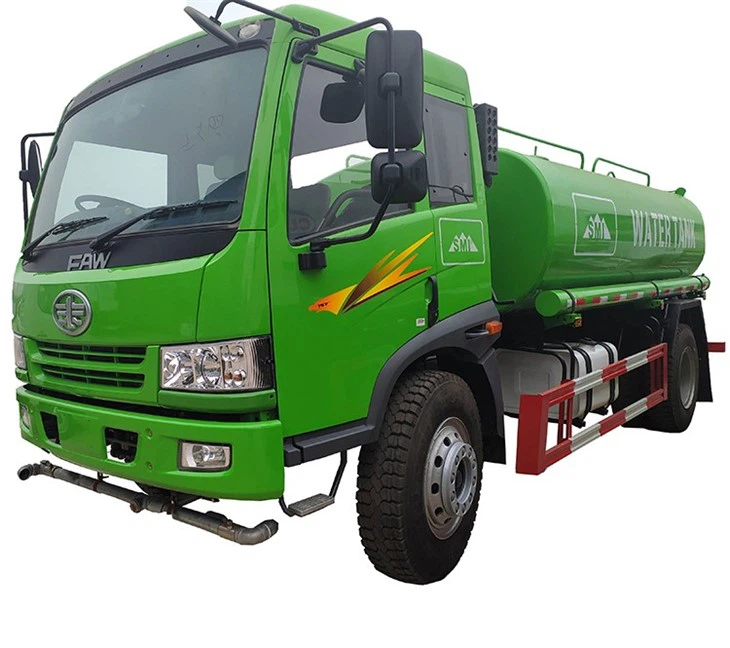Ultimate Guide to Water Tanker Trailers: Everything You Need to Know

Introduction
Water tanker trailers play a vital role in transporting water for various purposes, including agricultural irrigation, construction activities, fire protection, and emergency relief efforts. These trailers are designed to make water transportation efficient, safe, and effective. In this comprehensive guide, we’ll explore everything you need to know about water tanker trailers, including their types, uses, features, and maintenance tips. Whether you’re considering purchasing one or are simply interested in how they function, this article will provide valuable insights.
Understanding Water Tanker Trailers
What is a Water Tanker Trailer?
A water tanker trailer is a specialized vehicle designed to transport liquid, primarily water. They come in different sizes and capacities, catering to various needs. These trailers are typically mounted on a truck or a tractor, allowing for easy towing and maneuverability.
Types of Water Tanker Trailers
There are various types of water tanker trailers, each designed for specific applications:
- Standard Water Tanker Trailers: Used for general water transportation.
- Fire Water Tank Trailers: Equipped for firefighting purposes, often with additional pumps.
- Agricultural Water Tankers: Designed for irrigation and farming activities.
- Construction Water Tankers: Used on construction sites for dust suppression and other needs.
- Portable Water Tankers: Smaller units that can be easily moved and set up.
Key Features of Water Tanker Trailers
Capacity
Water tanker trailers come in various capacities, commonly ranging from 500 to 5,000 gallons. Choosing the right capacity depends on the specific needs and usage.
Material Construction
Most water tankers are made of durable materials such as polyethylene, stainless steel, or aluminum. The choice of material affects the trailer’s longevity, weight, and overall performance.
Pumping Systems
A key feature of many water tankers is the pumping system. This can include:
- Manual Pumps: For smaller capacities, allowing for easy and quick access to water.
- Electric Pumps: For larger trailers, providing efficient water transfer.
- Gasoline or Diesel Pumps: Used for heavy-duty applications, especially in construction and fire safety.
Tank Design
The design of the tank can impact functionality. Common designs include:
- Single Compartment: Ideal for transporting one type of liquid.
- Multiple Compartments: Useful for transporting different liquids separately, without contamination.
Applications of Water Tanker Trailers
Agricultural Uses
In agriculture, water tanker trailers are essential for irrigation, transporting water to crops and livestock, and managing water resources efficiently.
Construction Industry
Construction sites often require water for mixing concrete, controlling dust, and washing equipment. Water tanker trailers ensure a consistent and reliable water supply on-site.
Fire Safety
Fire water tanker trailers are crucial for fire departments, providing the necessary water supply to combat fires in remote areas where hydrants may not be available. Equipped with pumps, they can quickly deliver water where it is needed most.
Emergency Relief
During natural disasters or emergencies, water tanker trailers are used to provide clean drinking water to affected populations. They are often deployed by relief organizations to meet immediate needs.
Choosing the Right Water Tanker Trailer
Assessing Your Needs
Before purchasing a water tanker trailer, assess your specific needs:
- What capacity do you require?
- What type of liquid will you transport?
- How often will you use the trailer?
- What types of roads or terrain will it need to navigate?
Budget Considerations

Prices for water tanker trailers can vary widely based on size, features, and manufacturers. Set a budget and consider both the initial purchase price and long-term maintenance costs.
Brand and Manufacturer Reputation
Research different brands and manufacturers. Look for those with good reputations for quality and customer service. Reviews and testimonials can provide valuable insights.
Maintenance Tips for Water Tanker Trailers
Regular Inspections
Perform regular inspections to check for leaks, corrosion, and damage. Early detection of issues can prevent more significant problems down the line.
Cleaning the Tank
Cleaning the tanker regularly is essential to prevent contamination. Depending on usage, you might need to clean it every few weeks or after transporting different types of liquid.
Pump Maintenance
Check the pump regularly for any signs of wear or damage. Follow the manufacturer’s recommendations for servicing and replacement parts.
Tires and Brake Checks
Inspect the tires for wear and ensure they are properly inflated. Check the brake system to ensure safety and performance.
Regulations and Legal Considerations
Federal and State Regulations
Depending on your location, there may be regulations governing the transportation of water. Ensure compliance with local laws to avoid fines or legal issues.
Licensing and Safety Requirements
Check if you need any specific licenses to operate a water tanker trailer. Additionally, ensure that all safety requirements are met, including proper lighting and signage on the trailer.

Advanced Features to Look For
Spray Systems
Some trailers come equipped with spray systems for irrigation or dust suppression, making them more versatile in various applications.
GPS Tracking
Modern water tanker trailers may include GPS tracking systems, allowing for better route planning and management, essential for large operations.
Telematics

Telematics systems provide real-time monitoring of the trailer’s performance, including fuel efficiency, pump activity, and maintenance alerts.
Cost Breakdown of Water Tanker Trailers
| Item | Cost Range |
|---|---|
| Standard Water Tanker (500-2000 gallons) | $2,000 – $10,000 |
| Heavy-Duty Water Tanker (2000-5000 gallons) | $10,000 – $25,000 |
| Pumps (manual/electric) | $500 – $5,000 |
| Cleaning Equipment | $100 – $500 |
| Inspection and Maintenance | $100 – $1,000 annually |
Frequently Asked Questions (FAQ)
1. What is the average lifespan of a water tanker trailer?
The lifespan of a water tanker trailer can vary based on maintenance and usage, but with proper care, they typically last between 10 to 20 years.
2. Can water tanker trailers transport liquids other than water?
Yes, many water tanker trailers can transport other liquids, but it is essential to ensure they are appropriate for the specific liquid to avoid contamination or damage.
3. How do I determine the right capacity for my needs?
Consider factors such as the size of the area being serviced, frequency of use, and any specific requirements for the types of projects or applications you have.
4. Are there specific regulations for transporting water?
Yes, regulations can vary by region, so it is important to check local and federal laws regarding the transportation of water and other liquids.
5. What are the best maintenance practices for water tanker trailers?
Regular inspections, cleaning the tank, checking pumps, and maintaining tires and brakes are crucial for maintaining a water tanker trailer.
6. Do I need special training to operate a water tanker trailer?
While basic driving skills are necessary, additional training may be required depending on local regulations and the size of the trailer.
